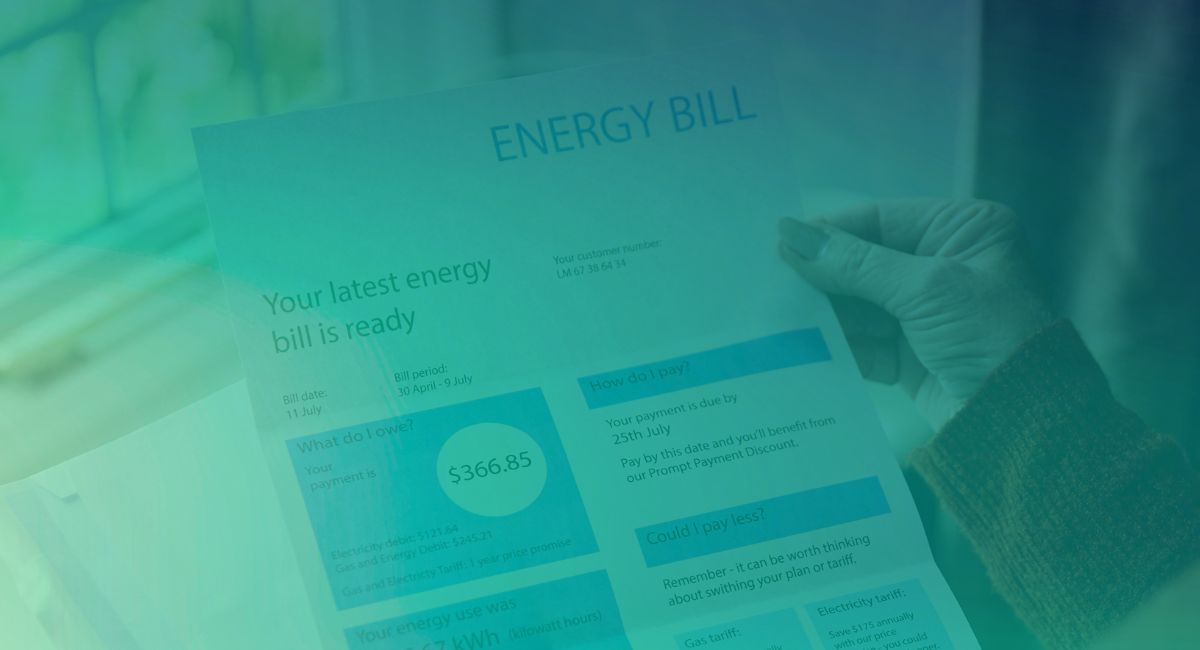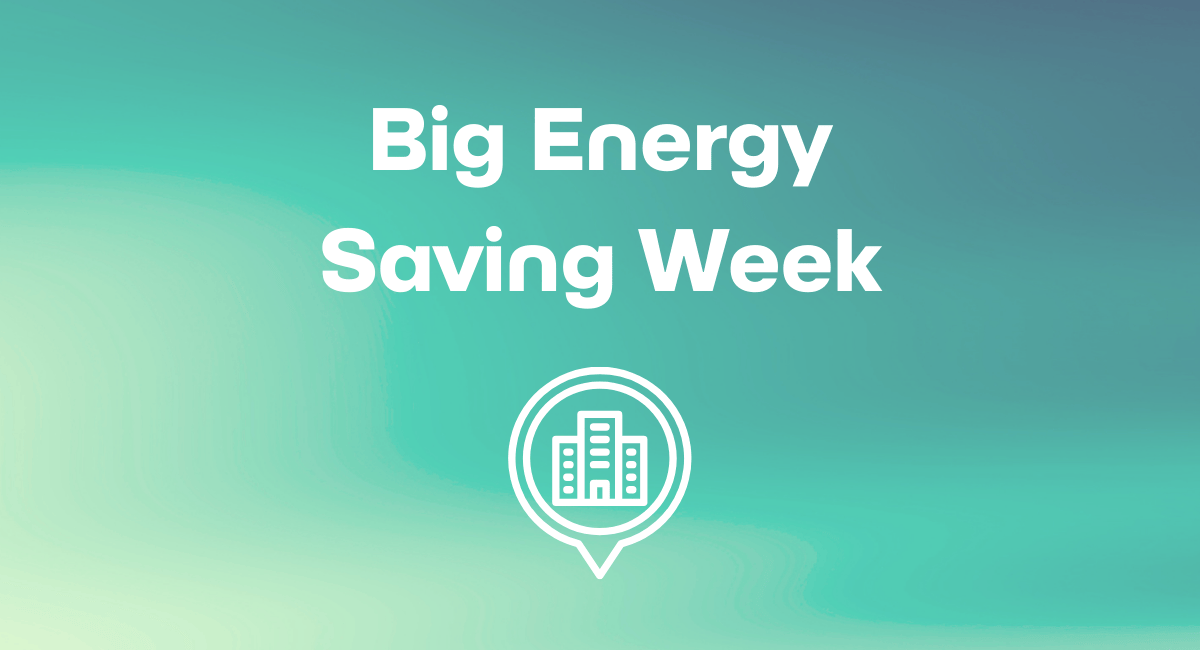
Business energy contract switching: after you’ve signed a contract
We all know business energy contract switching is a minefield. You have found a suitable price and signed a contract with your chosen supplier. Job

We all know business energy contract switching is a minefield. You have found a suitable price and signed a contract with your chosen supplier. Job

In the world of energy, there’s one number you might come across that’s crucial for tracking and managing your electricity supply: the MPAN (Meter Point

It’s tough to ignore the reality that business energy bills are rising in the UK for the majority which makes this year’s Energy Saving Week

The UK energy sector is undergoing significant changes with the introduction of the Market-wide Half Hourly Settlement (MHHS). Designed to modernise how energy usage is

Procure Smart was proud to launch brand new comparison and switching site Switch Savvi in November 2024. The business had previously run a successful service through traditional

As the cold weather arrives, many assume it’s not the ideal time for solar panel installation. But, winter months can actually be a perfect time

As of 1st April 2025, English-based business premises will need to adhere to new business recycling legislation and waste laws. The same rules were introduced

Out of contract and deemed rates are both rates charged for gas and electricity when a customer doesn’t have a fixed-term contract in place, or

A Renewable Energy Guarantee of Origin certificate (REGO certificate) is a critical tool for promoting transparency in renewable energy consumption. A certificate is issued for

As autumn ushers in cooler weather, it’s crucial to take steps to optimise your operations and reduce costs on your business energy bills. Now is